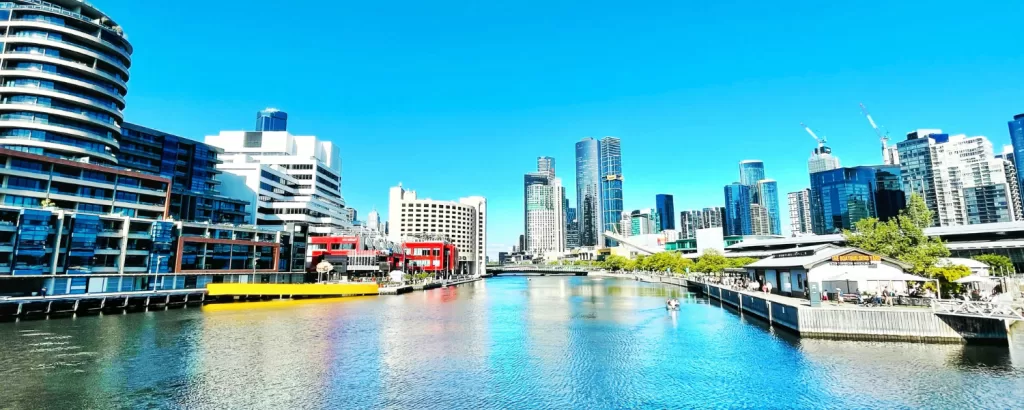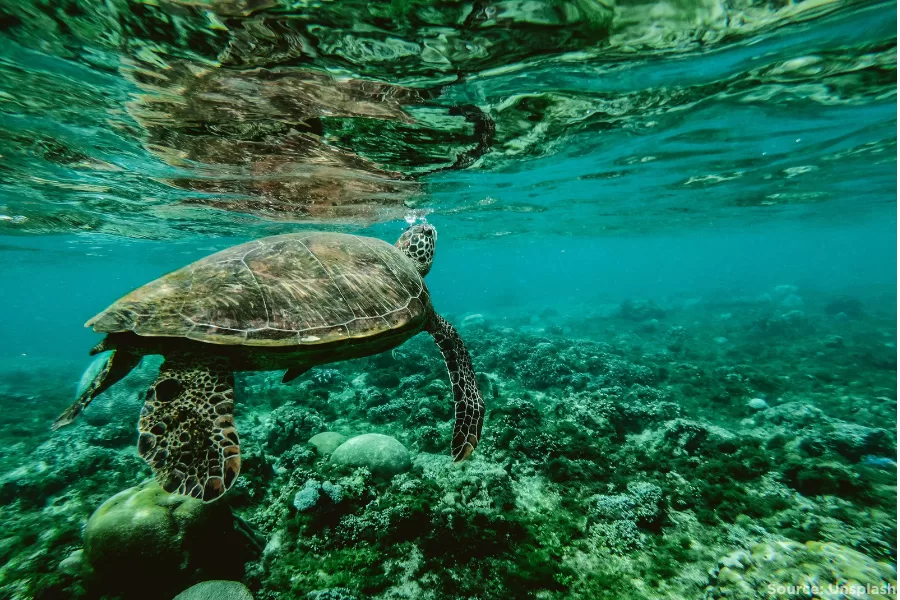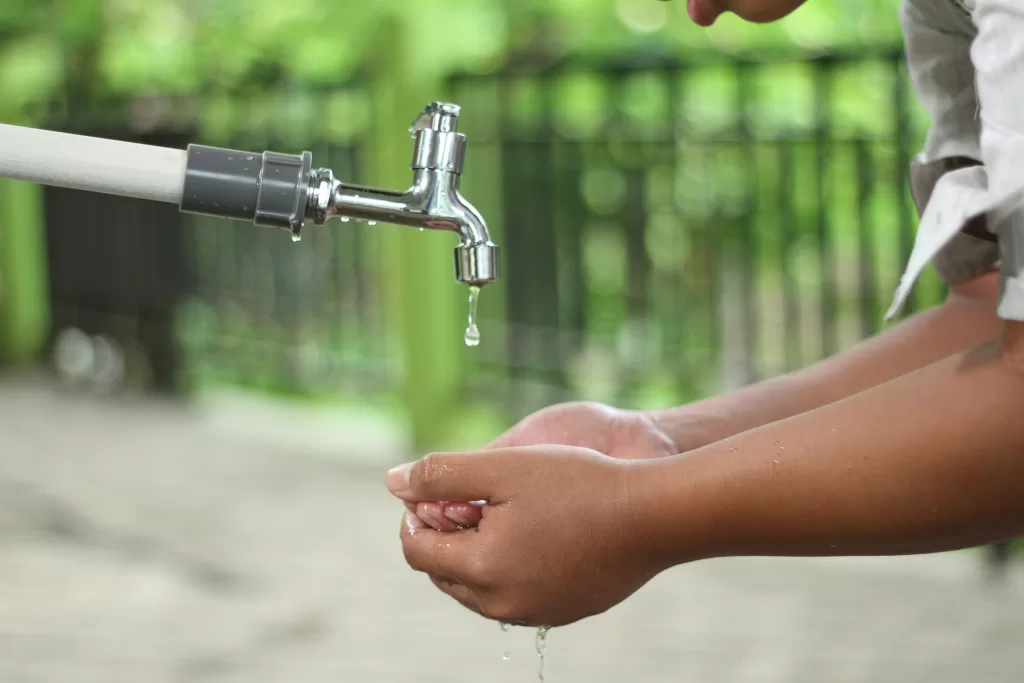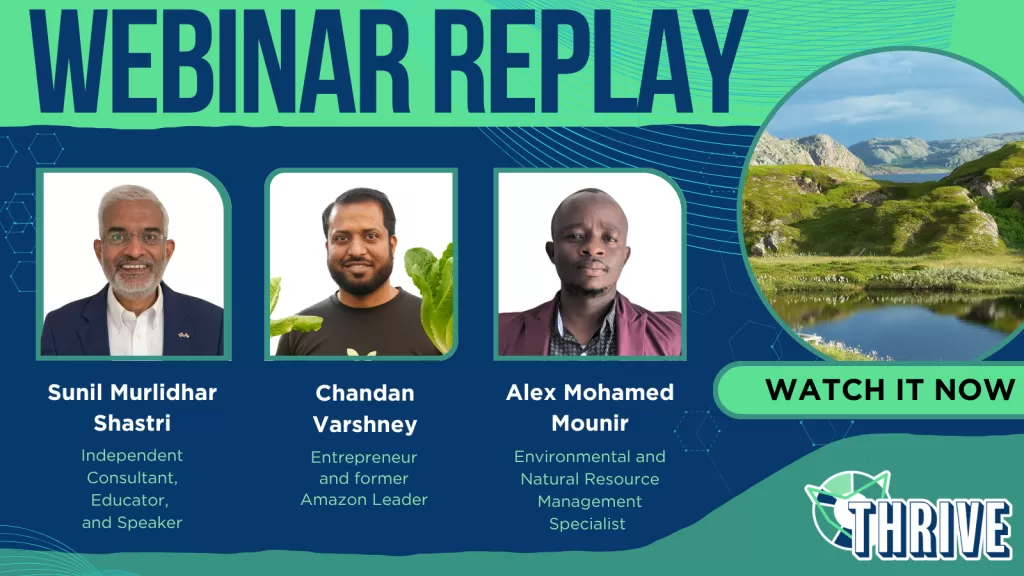Thrivability matters newsletter
Securing the Source: Clean Water,
Sanitation, and a Thrivable Future
“Water is the driving force of all nature.”
— Leonardo da Vinci

SPOTLIGHT –
Safeguarding Our Rivers:
A Study of Enterococci in Brisbane’s Waterways
Is Brisbane’s Water Safe for Swimming?
As locals flock to rivers and creeks, rising levels of enterococci—a marker of faecal contamination—are putting public health at risk. With the Olympics on the horizon, the stakes are even higher.
THRIVE Project’s Brisbane Waterwise team has crunched the numbers—and the findings may surprise you.
🔍 Dive into the data and what it means for Brisbane’s aquatic future.
The Ocean:
Earth’s Climate Powerhouse Part 1 of 3

Did you know that the ocean holds 99% of the Earth’s living space? The Ocean is not just a vast blue expanse—it is the engine room of our global climate system.
The ocean works in concert with the atmosphere and continents to regulate Earth’s climate. These interactions drive the formation of clouds, generate rainfall,
and fuel powerful seasonal weather
patterns, such as monsoons.
Thanks to its immense capacity to store and transport heat, the ocean functions like a planetary heat pump. It shifts warm water and air toward the poles and brings cooler currents back toward the tropics, balancing temperatures across the globe.
But here’s the catch: seawater can absorb over 4,000 times more heat than air per unit volume. This means that even subtle changes in oceanic heat content can trigger lasting, far-reaching impacts on both regional and global climates.
As the climate continues to change, understanding the ocean’s role has never been more critical. The “Ocean Governance” cluster within THRIVE Project is exploring potential research and data analysis to develop mitigation and adaptation strategies against climate change.
Dr. Dayana Mathew, Ph.D. Marine Chemistry
Thriver’s voice –
The Right to Sanitation

Access to clean water and adequate sanitation is a fundamental human right. Yet pollution continues to endanger ecosystems, wildlife, and public health across the globe. Industrial waste, plastic debris, agricultural runoff, and untreated sewage contaminate vital water sources—often with the greatest harm falling on marginalised and vulnerable communities.
To address this growing crisis, we must prioritise sustainable water management, enforce comprehensive environmental regulations, and invest in innovative purification and conservation technologies. Collaboration between governments, industries, and local communities is essential. Protecting our waterways is not just an environmental necessity—it is critical to preserving biodiversity, promoting equity, safeguarding public health, and securing a resilient, sustainable future for generations to come.
Public awareness and education also play a vital role. By fostering a deeper understanding of water issues in schools, media, and community initiatives, we can empower individuals to take action in their daily lives—reducing waste, supporting clean water efforts, and holding polluters accountable. A collective commitment is key to creating lasting change.
Webinar replay

Thriving Minds
Attempt the NEW
Challenge on our website!
Anyone can play and have a chance to win a prize –
complete this challenge
by June 25th!
June Articles
Webinar – What’s next?

THRIVE Partnerships

Your feedback matters to us! Email us at [email protected]
Until then, do keep on thriving!

































